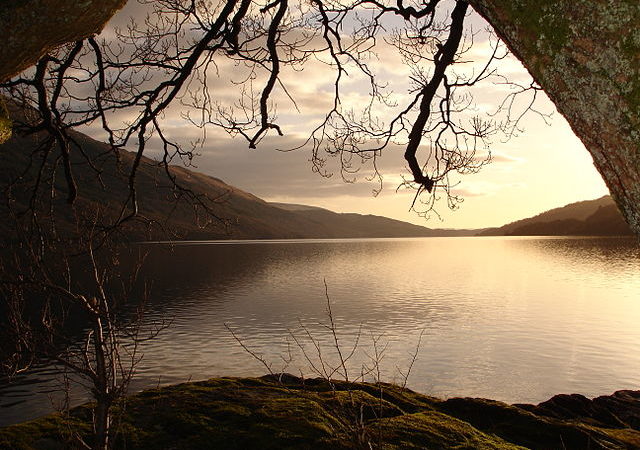Reflecting on our undying urge to recreate a primal experience of intimacy with the surrounding world, David Abram offers notes on technology and animism in an age of ecological wipeout.
A hallmark of the puzzling era we’re now living through is a remarkable juxtaposition of two apparently contrary trends. In many social circles, there exists a buoyant sense of possibility, an upbeat and expectant optimism with regard to the near and long-term future. Yet in other societal spheres, a spreading despondency weighs folks down whenever they contemplate our collective future, an overwhelming hopelessness that interferes with their ability to even envision a livable future a generation or two from now.
These very different collective moods are generally—although not always—carried by different groups of people. Those who spend a majority of their time engaged with new media, or who rarely venture outside the bustling life of our large cities, are witness and sometimes party to the unceasing creativity that brings dazzling new forms of communication, association, and entertainment into our lives with unprecedented rapidity. When reflecting upon the future, such persons are often filled with a sense of open and unbounded possibility. The prospects seem to them endless; many intuit that new technologies promise ever greater freedom for our kind. They anticipate, with a sense of wonder bordering on awe, the advent of ever more complex robotics, and the ability of nanotechnology to eliminate many of the world’s problems. They look forward to the eradication of disease and the chance for humankind, augmented by or in tandem with new technologies, to determine its own future and to spread, soon enough, to other planets, and beyond.
Then there are those who spend much of their time outside the large urban and suburban centers, or at least out of doors within those cities, and hence in direct relation to the wider-than-human collective of earthly life; such individuals are often beset by a deepening malaise. Attending to their faltering crops or noting the dwindling snowpack on the mountains above town, puzzled by the altered migration patterns of birds whose flocks no longer return to the region, wondering at the blight that’s shrinking the leaves on the forest trees, and alarmed by the northward advance of yet another insect-borne illness infecting more and more friends each year, many find themselves in a deepening state of shock regarding the mounting signs of ecological breakdown and runaway climate change. They’ve allowed a few years for this recent hiatus in the seasonal cycle to right itself; but when the expected correction fails to materialize—when the patterns they’ve known from childhood, and from their grandparents’ childhoods, never reassert themselves—then an uncanny form of anxiety begins to darken their dreams and leave a bitter taste whenever they swallow. It’s an anxiety that seems less about their own well-being or even their children’s than about the whole of the breathing landscape that’s given rise to and sustained every facet of human life until now. Suddenly this terrain, the taken-for-granted ground of our lives and the enabling backdrop for all our conviviality, seems unsure and unstable.
Read the complete essay here.

